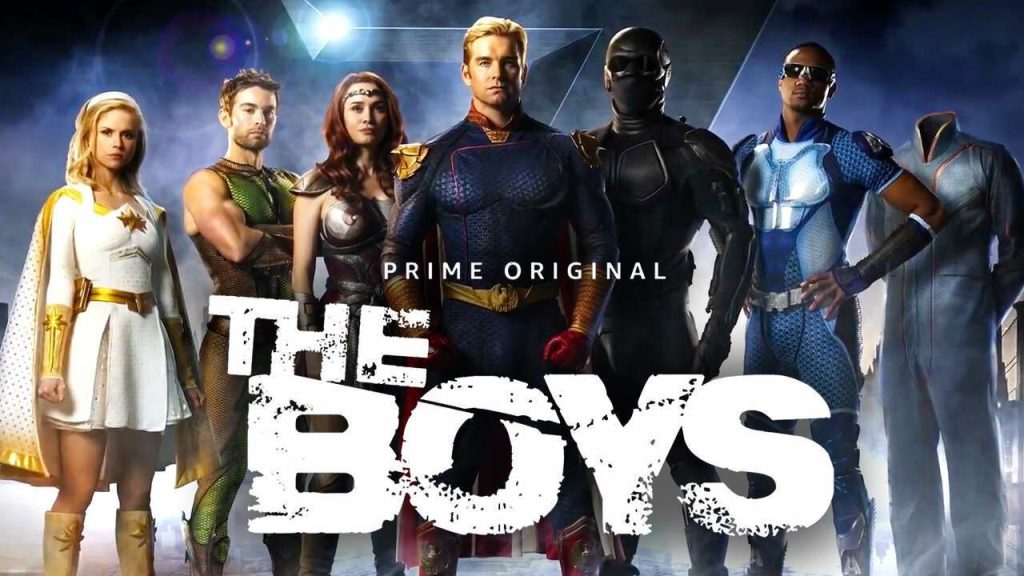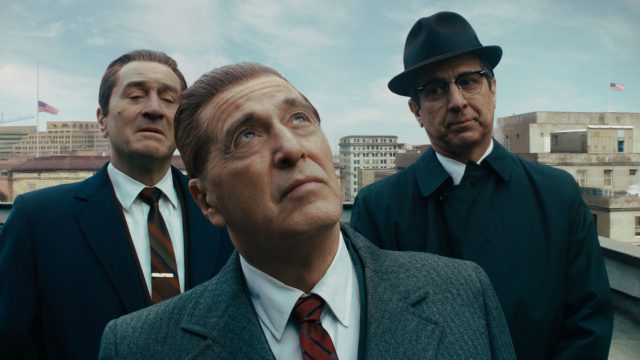This essay is the second issue of an ongoing 3-part series where the team will express their personal opinion on the future of cinema.

Quick maths to replace a proper opener. Netflix’s subscription ranges between ₦2,000-₦4,400 with the promises of unlimited TV shows and movies, access to simultaneous viewings on four screens, and varying video quality. Also, the omnipotent luxury of rewinding and forwarding at the flick of your thumb. Also, you get to do all this on the comfort of your couch, bed, or in your toilet while taking a dump. Life couldn’t be easier.

So,
(₦2,000 × ₦12 months ꞊ ₦24,000) and (₦4,400 × ₦12 months ꞊ ₦52,800)
for unlimited yearlong unlimited access to a plethora of films. A sweet deal for the frugal Nigerian filmgoer. But, at what cost?
Nigeria’s recent cinema-going culture didn’t really kick-start properly until Kunle Afolayan’s release of The Figurine in 2009. Twelve years later, an influx of new directorial voices, and various film releases have seen Nigerians embracing the cinema and frequenting the big screen, not only for Nigerian movies, but also for the omnipresent Marvel and DC superhero staples. It’s a good time to love movies. On average, seven movies are available for screening weekly. A streaming service, logically, is the financially frugal choice. Fine for moviegoers, but what about the filmmakers or the state of films themselves?
With Netflix’s recent announcement that the company will release a new movie every week until the end of the year, there is the need to reassess the future of cinema. Will the surfeit of films on streaming services devalue cinema? Will this continual closure of cinema due to pandemic permanently affect cinema visits?
Hollywood, Nollywood, and all other film woods are business oriented, and the primary purpose of putting a film into the cinema is usually to make money from it. The more people see it, the more money the filmmakers make. This same logic follows with Netflix. According to a January report by Statista, Netflix made 6.44 billion dollars in the third quarter of 2020, streaming would appear to be the new cash cow for filmmakers and film companies. But, really, at what cost?
The cinema, I believe, is the final bastion in this battle for the soul of film which is its ability to gather people and touch them at the same time in the same place. With streaming, we lose the luxury of conglomerating in a communal throng and collectively experiencing the brilliance of a well-made film or unanimously decrying the awfulness of a badly-made one. We might also lose the ability to be surprised by a film. Crippled with choice on streaming services, we will certainly want to focus on films made by established, well-known directors. This means that the ability of cinema to surprise us and introduce us to new filmmakers with ground-breaking debuts such as Orson Welles’, Citizen Kane, or Quentin Tarantino with his indie film, Reservoir Dogs could potentially be lost.
In an increasingly digitized, alienating world, the communal function of film—which itself upended the theatre stage—is now under the threat of being removed post-haste. Although the pandemic has hastened this process, it was always an inevitability.
The cost of an ever-growing body of streaming power for the woods is that film companies would make more money—mathematically. Indeed, a good number of blockbusters were released on Amazon, HBO, Netflix etc. in 2020. But the cost for the average filmgoer, albeit inconceivable at first, will be maximal eventually.
Here is a scene: We are on a queue, laughing, quipping; or on our phones; getting tickets for a newly released film; we are with friends, lovers, family; we pay for drinks, for popcorns, for snacks; we are now in the cinema hall; the usual cold bites ravenously into our skin; we find the hands of our loved ones in the dark; we laugh with the strangers beside/before/behind us; we cry with them too, and we leave the halls with a newness etched in our hearts and a general questioning on what we have just seen; the beauty is that we sense some form of this feeling from other audience members. This, I believe, is the cost, what is lost to streaming movies alone in your room, on your flowered pillow, calling to your cat, Luffy, to stop gnawing at your phone/laptop charger. Yes, I am talking to you, Fridous.
But, the pros of Netflix are bare to be apprised. The world uses the streaming service and a growing upload of Nollywood movies onto the platform creates visibility for the industry. Soon enough, HBO, Amazon, and the others, aware of a thriving movie industry here, will follow suit. Finally, and, perhaps, most importantly, if Spike Lee took his movie, Da 5 Bloods; Martin Scorsese, The Irishman; and Aaron Sorkin, his The Trial of the Chicago 7, all entries into Netflix amongst other great directors, who, really, are we not to succumb to this new cinematic demand? After all, has it not been said that you either evolve or disappear? Yet, that nagging question remains: At what cost?
You can read the previous issue here. The concluding part will be published on 17/01/2021.










Well for movie mongers like myself subscribing for Netflix and at the the same time going to the cinema is not an issue for me. I got Netflix account subscribed for a year and I still go to the cinema atleast 4 to 6 times in a month depending on new movies released.
Well for movie mongers like myself subscribing for Netflix and at the the same time going to the cinema is not an issue for me. I got Netflix account subscribed for a year and I still go to the cinema atleast 4 to 6 times in a month depending on new movies released. Atimes I prefer seeing movies from the cinema before downloading them, infact most times have had the privilege of downloading movies but still got the need for the cinema experience before having downloaded it. Trust me this will be the same for most movie freaks like me
I feel I only love going to the cinema with friends, just to have fun…and the sort of movie that is being released determine where I would like to watch it..
A movie like fast and the furious will be fun to watch at the cinema…but I would prefer watching a movie like the conjuring at home.
Omo, I’d prefer to watch a movie like The Conjuring at the cinema. The drama in the cinema hall is part of finest experiences 😂😂.
The haa!! And the yeee!! wont let me enjoy it🤣…plus people can overreact
It will make watching the scary movie a little less scary…I will even prefer watching it at night🤣….the first time I watched conjuring 1 , I almost broke my phone😂
The cinemas still have my heart sha. It’s a great place for escapism. I think it’s very therapeutic, in fact. The cold, the sugar, the drama, I’d take it most days.
Of course, watching a movie alone is fun, I get to rewatch fun scenes and it’s more comfortable, no debit alerts too.
Very true , No debit alerts got me